Apparently, the reason that led the Provincial Manuel Rodrigues to call João de Brito was the simple desire to provide some rest for the missionary. But later, Rodrigues decided to send him to Europe as a proxy.
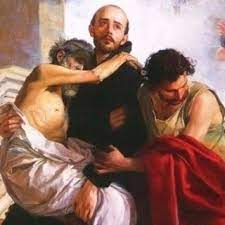

Apparently, the reason that led the Provincial Manuel Rodrigues to call João de Brito was the simple desire to provide some rest for the missionary. But later, Rodrigues decided to send him to Europe as a proxy.

João de Brito accompanied all these persecutions in south India from outside; he had wanted to suffer those trials with his converts, but they had managed to keep him out from such convulsions, reminding him that the flock might lose some sheep, but it could not be without its shepherd.
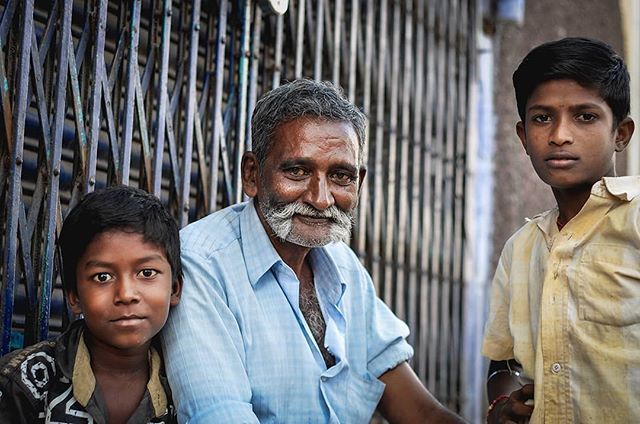
In one of his writings from that year, Brito clearly refers to the enormous difficulties he faced daily: “Such is my relation for the year 1682. It all boils down to this: we have no human support to lean on, kings and princes oppose us, the powerful and learned ones do their best to expel us; and even so, thanks to a special protection of God Our Lord, who keeps us on this earth, we managed to spread His Holy Religion.”
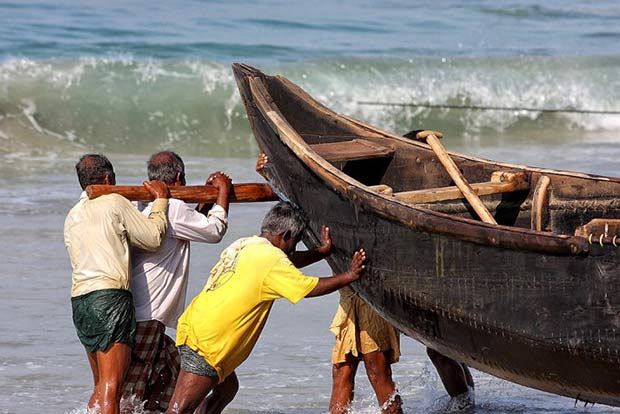
It seems to us, therefore, that we can only understand João de Brito taking into account the Christian perspective that the Father’s Kingdom is not of this world. John’s actions stemmed from an infinite love for his neighbor that he wanted to spread among populations that did not know Jesus Christ. João’s daily life was therefore based on the Gospel; it was there that he found the strength to Christianize and to bear patiently (we can even say lovingly) all the obstacles he faced and all the sacrifices he went through. This man was happy because he believed that his activity led to the salvation of many of his brothers and that in this way he fully fulfilled the mission to which God had destined him. Living in the world, João lived for values that are not confined to our earthly existence.
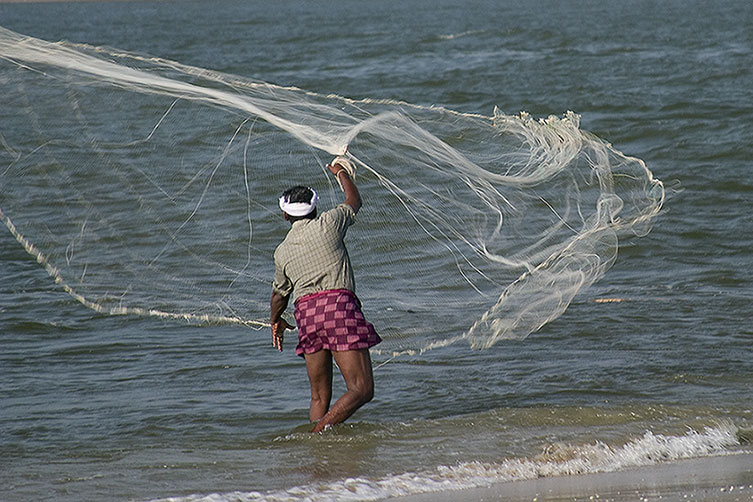
Considering that the Christian faith preached by Father João de Brito dismantled several Hindu principles, mainly the division of society into castes as the irreversible destiny of all human beings, soon the missionary began to suffer severe persecutions.
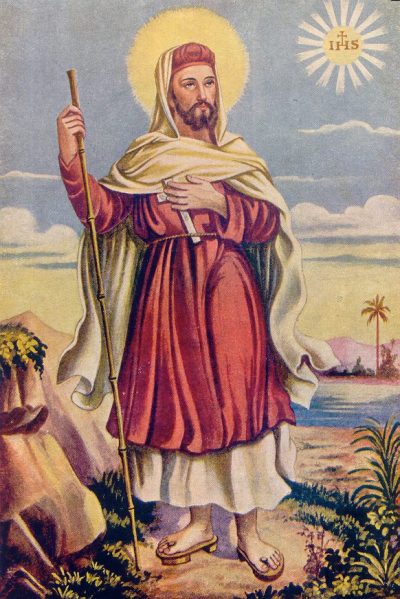
To get closer to the Hindus, Father João de Brito started to walk with a bamboo staff, wore a reddish robe and put on wooden sandals. He tried to live like a Hindu, even in his behavior and eating habits. But without, however, failing to preach the Gospel of Our Lord Jesus Christ. Thus, São João de Brito won many hearts. These embraced faith in Christ with firmness and renewal of heart.